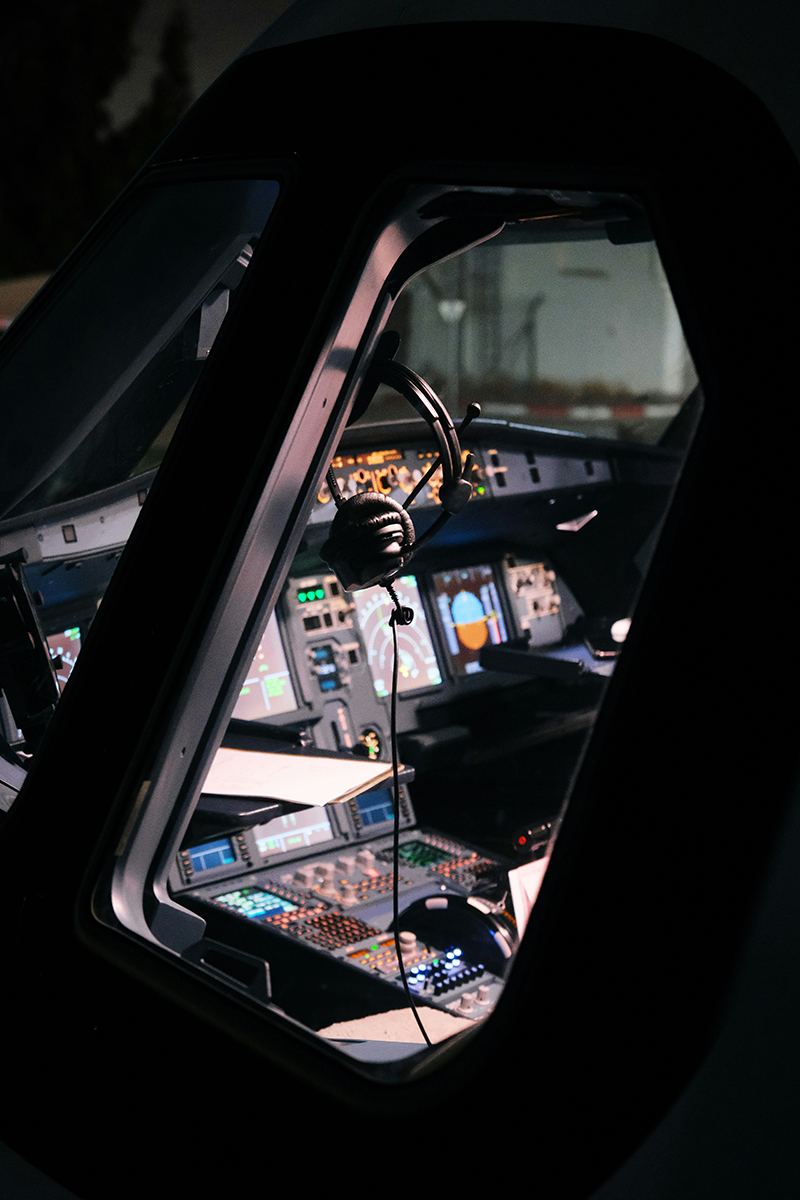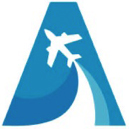MCF Flights
Maintenance Check Flights
About US

Worldwide
What is a MCF, Maintenance Check Flight
After aircraft maintenance, test flights called MCFs (Maintenance Check Flights) are conducted to verify everything works properly. These flights are usually routine, checking gauges, controls, and basic system functions that can’t be confirmed on the ground.
However, MCFs can also involve more demanding maneuvers. For instance, simulating an autorotation (helicopter descent without engine power) to test rotor speed, or flying near the aircraft’s maximum safe speed (Vne) to ensure proper handling.
This article, along with resources from the ESPN-R Team Ops and SMS, will guide you on maximizing the safety of your MCF operations.
MCFs: Routine Checks, Potential Risks
While most MCFs go smoothly, pilots should be aware of a crucial fact: the systems being checked might be more prone to failure during an MCF than a normal flight.
This raises important questions:
- Are you familiar with the potential risks of testing potentially faulty systems?
- How likely are malfunctions during MCFs, and how serious could the consequences be?
- Do you feel confident handling unexpected failures and their resulting situations?
The inherent risk in MCFs becomes clear with an example. Imagine replacing a tail rotor component. A routine level flight might be requested to check its function. But what if the tail rotor fails due to an undetected maintenance issue?After all, that’s why the check flight exists – to identify potential problems.
Preparing for the Unexpected
Being prepared for emergencies is key for safe MCFs. Here’s how pilots can be proactive:
- Pre-flight Knowledge: Understand the maintenance performed to identify potentially risky systems.
- Emergency Planning: Plan a suitable flight path and emergency landing areas (e.g., for autorotation) in case of unforeseen situations.
By taking these steps, pilots can significantly improve MCF safety and be ready to respond effectively to any challenges that might arise.
MCFs: Teamwork for Safety
Unlike standard flights, MCFs (Maintenance Check Flights) demand collaboration between three key departments within your organization:
- CAMO (Continuing Airworthiness Management Organization): Ensures the aircraft is maintained according to regulations.
- Maintenance Organization: Performs the actual maintenance work on the aircraft.
- Operations Team: Plans and executes the MCF flight.
While each department has its own internal procedures and responsibilities for MCFs, clear communication and teamwork are critical for a safe and successful flight.
New Rules: Understanding Level A and B MCFs
A new regulation, EU Regulation (EU) 2019/1384 along with NCO.SPEC.MCF.100, has introduced a distinction between two types of MCFs: Level A and Level B. This clarifies the categorisation previously outlined in Regulation (EU) No 965/2012.
Level A MCF:
- Involves using procedures not typical for regular flights, as defined in the aircraft flight manual.
- Tests the functionality of backup systems or safety devices.
Level B MCF:
- Any MCF that doesn’t fall under Level A criteria.
The Challenge: Choosing the Right Level
Operators often struggle to categorise specific MCFs. This is because:
- Any system checked during an MCF might be considered potentially unreliable.
- Most failure scenarios require referring to abnormal or emergency procedures in the flight manual.
- Main Source: Commission Regulation (EU) No 965/2012: This regulation establishes the core requirements for Air Operations in the EU.
- Specific Sections:
- Annex VII (Part NCO): This annex applies to Non-Commercial Operations (NCO). It details the specific requirements for MCFs under NCO in Subpart E, Section 6.
- Annex VIII (Part SPO): This annex applies to Specialised Operations (SPO). It details the specific requirements for MCFs under SPO in Subpart E, Section 5.
- Easy Access Option: EASA provides an “Easy Access Rules” format for Regulation (EU) No 965/2012, which offers a user-friendly way to navigate the regulations.
- Amendment: Commission Implementing Regulation (EU) 2019/1384 amended Regulation (EU) No 965/2012,specifically adding requirements for conducting MCFs. This amendment introduced a new section (NCO.SPEC.MCF.100 and SPO.SPEC.MCF.100) within the existing sections on MCFs in both NCO and SPO parts of the regulation. These new sections likely define the “Levels of maintenance check flights.“
FDM, Risk Assessments, Test Flights, You Name It, We’ll Be there.
Serving Worldwide
Contact
Head Office
Andon Zako Kajupi, Tirana, Albania
Call Us
+39 393 1234 321
